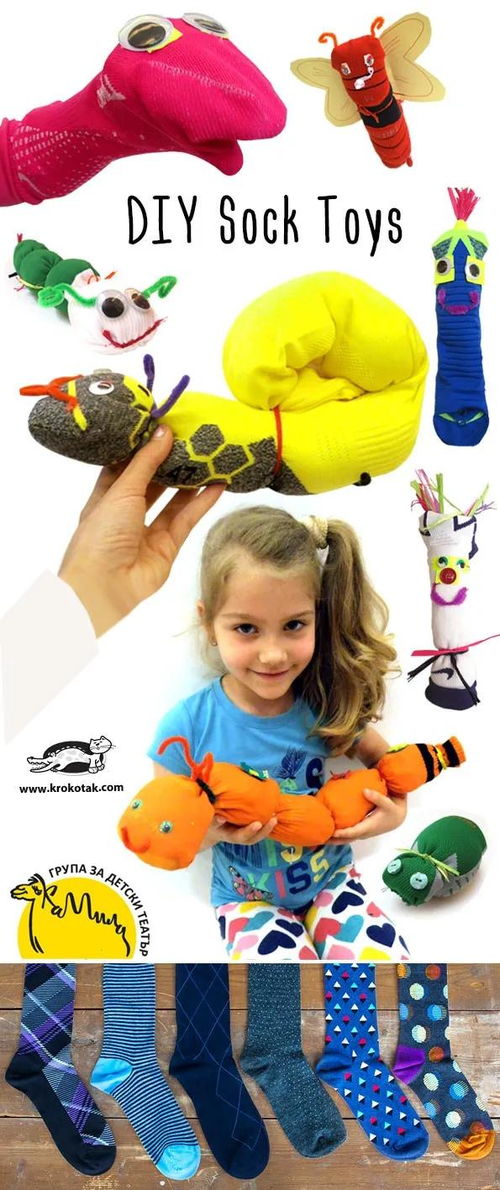如何看待早教行业
InHome Early Childhood Education: Tips and Strategies
Early childhood is a critical period for a child's development, and providing a stimulating and enriching home environment can greatly contribute to their overall growth and learning. Inhome early education offers a unique opportunity for parents to actively participate in their child's learning journey. Here are some tips and strategies on how to implement effective athome early childhood education:
Create a Learning Environment
Set up a designated area in your home that is conducive to learning. This space should be quiet, comfortable, and free from distractions. Include ageappropriate books, educational toys, puzzles, art supplies, and other learning materials. Consider incorporating colors, labels, and visual aids to make the environment more engaging and stimulating.
Establish a Daily Routine
Young children thrive on routine, as it gives them a sense of security and predictability. Create a daily schedule that includes structured learning time, playtime, outdoor activities, meals, and rest periods. Establish a consistent wakeup and bedtime routine. Stick to the schedule as much as possible, but also allow for flexibility and spontaneity.
Engage in Meaningful Interactions
Interact with your child throughout the day by talking, singing, and listening actively. Engage in conversations that expand their vocabulary, encourage critical thinking, and promote social skills. Use everyday activities as opportunities for learning – cooking together, sorting laundry, or going grocery shopping can all be educational experiences.
Introduce AgeAppropriate Activities
Select activities that align with your child's age and developmental stage. For infants, focus on sensory experiences such as tummy time, exploring different textures, and listening to music. Toddlers benefit from activities that enhance their fine and gross motor skills, such as building blocks, drawing, or playing with puzzles. Preschoolers can engage in more complex activities like counting, letter recognition, writing, and imaginative play.
Incorporate PlayBased Learning
Play is an essential part of early childhood education, as it allows children to explore, experiment, and learn through handson experiences. Provide openended toys like blocks, dolls, and playdough that promote creativity and problemsolving skills. Encourage imaginative play, storytelling, and roleplaying. Participate in their play and provide opportunities for cooperative play with siblings or peers.
Use Technology Wisely
While excessive screen time is not recommended for young children, appropriately selected educational apps, websites, and interactive learning programs can supplement their early education. Choose highquality, ageappropriate digital resources that offer engaging and interactive content. Set limits on screen time and ensure that technology is used as a tool for learning rather than a substitute for handson experiences and human interaction.

Stay Engaged and Informed
Keep uptodate with the latest research, trends, and resources in early childhood education. Attend parenting workshops, join online parenting communities, and engage in discussions with other parents and educators. Regularly evaluate and adjust your approach based on your child's interests, strengths, and areas for growth.
Remember that early childhood education is not solely focused on academic achievement but also on fostering a love of learning, socialemotional development, and nurturing a wellrounded individual. Enjoy this special time with your child and create a lifelong love for learning!
关键词:婴儿如何早教在家如何做早教2岁的宝宝如何早教如何成为一名早教老师
上一篇:医护之家保险骗局揭秘
下一篇:甲醛中毒早晨起来咳嗽
